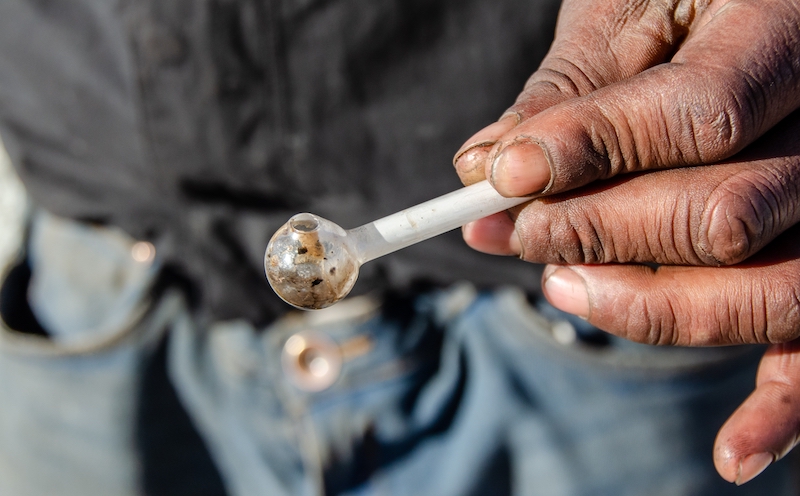It’s the hardest word for others to believe, that is—until your recovery begins in earnest
By Patrick McElwaine, Psy.D., LPC
I’m sorry!
Those are words I often said to my loved ones during my active addiction. Sometimes I would genuinely mean it; other times I knew it needed to be said, even though I had zero motivation to stop using drugs and alcohol. As I continued to engage in numerous defense mechanisms during my addiction, including undoing (erasing actions by apologizing), I fell deeper into depression, anxiety and addiction. My family and loved ones did not trust me. They couldn’t believe any of the words I was saying.
I started my recovery journey on June 23, 2006, and would struggle for years to maintain it. My current date is February 12, 2009. A few days before that latest date I had a big argument with my wife concerning my lies, deception and sneaking drinks and drugs. I was worried that I would lose my wife. At one point I tearfully said to my wife, “I am so sorry. This won’t happen again.” Her response has always stayed with me: “Stop saying you’re sorry. Those words don’t mean anything to me. Just change!” She was right. I had to change. I wish I could say that after she said those words, I started my journey of continued recovery, but that’s not how my story goes. It would take a few more months and more lessons learned to get back to treatment and take it one day at a time.
I would get so upset when someone didn’t trust me, believe my words or accept my apologies.
I believe it is vital to speak about the numerous defense mechanisms we utilize when we’re struggling with mental health concerns and addiction. I would get so upset when someone didn’t trust me, believe my words or accept my apologies. My wife said she knew I was really working my treatment and recovery when I accepted the fact that people didn’t take my words at face value. I understood I needed to earn trust, and that required being honest with myself and others. And that took time.
I love the “taking it one day at a time” saying, even though it is used often. Every day isn’t going to be wonderful—and I have had many tough ones—but the “one day at a time” adage has truly helped to ground me. I have also said the serenity prayers about a few million times since starting my recovery; they’re another way of grounding me and helping me through very tough moments in my life and recovery.
Words of Wisdom
Some words of wisdom (WOW) that helped me in my recovery are the following:
- If you find yourself repeating the words “I’m sorry,” “This will never happen again” or “Please forgive me,” reach out to someone in recovery or attend 12-step meetings, therapy or other addiction support groups. My wife was right (to be honest, she always is) in that I needed to put my words into action.
I found that the more I was able to identify my defenses, the more I could understand why I used them.
- By understanding your defense mechanisms, you are identifying aspects of the addiction cycle that you can break. I found that the more I was able to identify my defenses, the more I could understand why I used them and how those defenses contributed to my struggles with mental health and addiction.
- Please give your family and loved ones time to trust you. I wanted mine to trust me immediately and not second-guess anything I said or did. I would get upset if they didn’t believe me when I was being honest. My recovery helped me understand that it would take my loved ones time to trust me fully. I began to focus more on myself and not others. I began to heal!
Patrick McElwaine, Psy.D., LPC, is known as “Dr. Mac” to his clients, students and colleagues. He has his own counseling practice, teaches counseling psychology at Holy Family University in Pennsylvania, is a faculty member at the Beck Institute, and serves on the Bucks County National Alliance on Mental Illness (NAMI) board of trustees. His column publishes regularly on TreatmentMagazine.com.
Photo: Shutterstock













